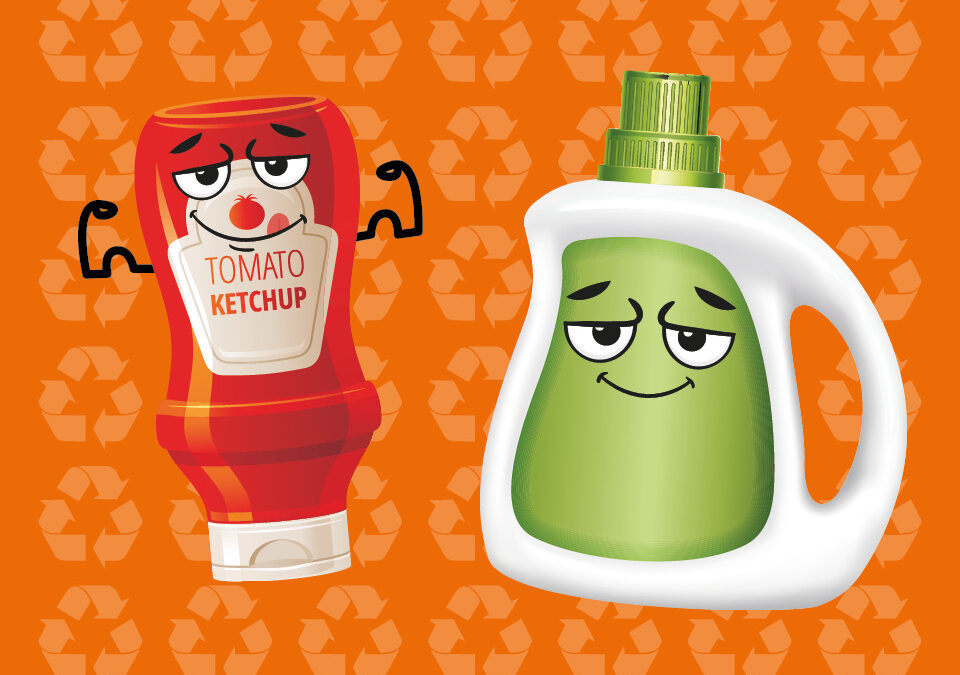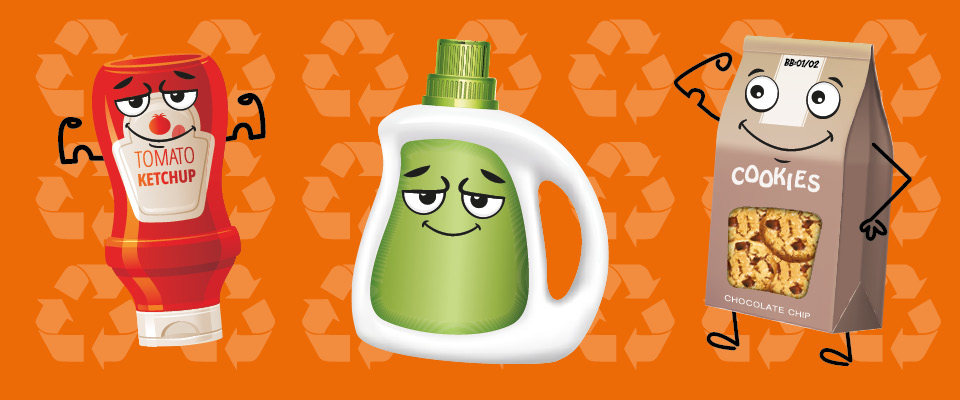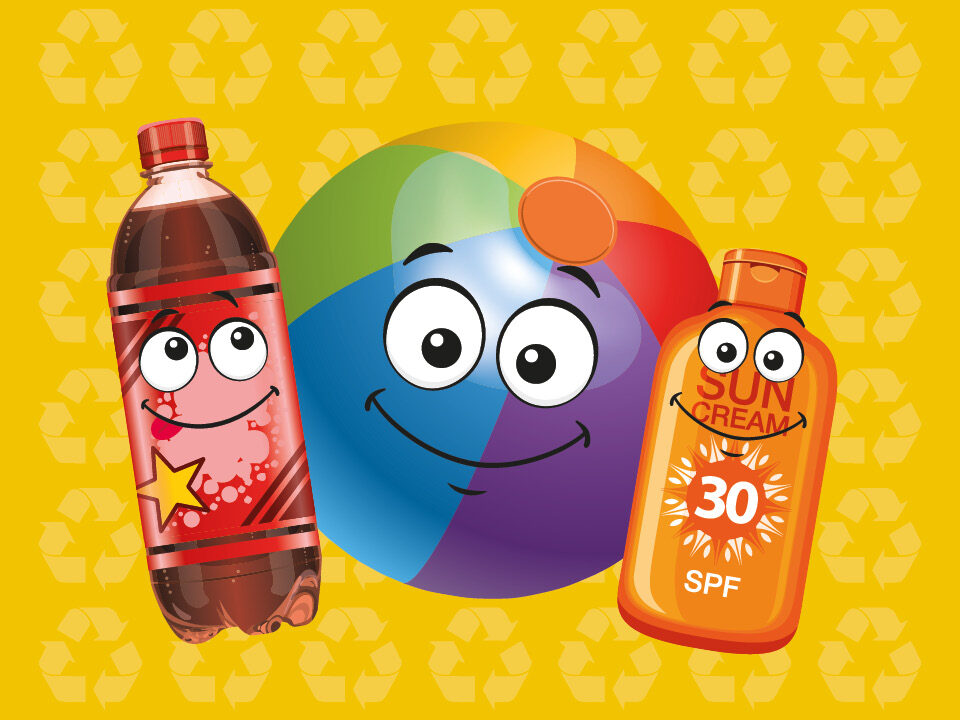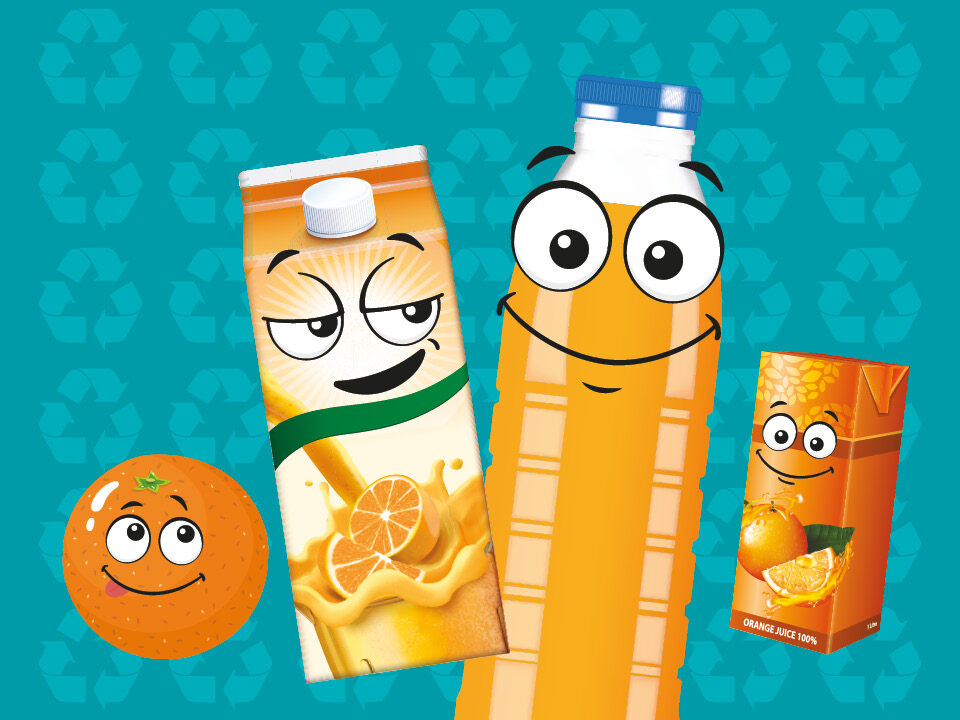

The Big Waste Rethink
You’re probably already doing lots to recycle your waste. But we could all be doing so much more to ensure that there’s less waste around to need recycling in the first place. How? Your kitchen would like to make you rethink waste.
Reduce. Reuse. Recycle. You’ve probably heard of the 3 Rs. They’re important – the more we make them part of our lives, the more sustainably we’ll all live. But if you want to go deeper, the 8 Rs of sustainability can help you make an even bigger impact. And speaking from experience, your kitchen is a great place to start…
1. Rethink
We’re all busy. Often, you make the buying choices you make because it’s what you’ve always done and because it’s quick and easy. It’s why we still buy bagged bananas when we really don’t need to (see below). It’s also why we buy single use bottles of water when reusable would be far better for the planet (and your pocket) in the long term.
Consider this: every pound you spend and every product you buy is a vote. It could be a vote for greener energy, zero packaging or recycled materials. Or it could be a vote to keep things as they are. You have that power. We all just need to think a little more about how to use it.
2. Refuse
Why are cucumbers shrink wrapped? What’s the point in film-wrapping a swede or avocado? Every now and again we’ve even seen coconuts packaged – what for? They’re harder than diamond!
Packaging is used to help extend the shelf life of fruit and veg, but most of it is unnecessary. What’s more, all that film and those Styrofoam trays aren’t easily recyclable. So vote with your buying choices. From apples to onions to pears, choose loose and let your fruit and veg drawer breathe.
3. Reduce
It applies to the food you eat – do you really need to buy that family pack when half of it will go off before you get to use it? But it also applies to so many other parts of your life: the reusable coffee mug instead of the disposable one. The bag for life, not the bag for the next 5 minutes. The reusable straw, not the throwaway plastic one.
How much you bin is directly related to how much you buy. So this week, try to buy less.
4. Reuse
Let’s just take one example: the jars and bottles you throw out. Cleaned up, they could be anything from candle holders to vases, storage jars to pen holders. And beyond the kitchen there’s so much more you could reuse, from broken crockery to towels, boxes to old t-shirts. Search online for endless ideas.
5. Repair
You don’t need the skills of Jay Blades and the Repair Shop team to fix something rather than throw it. How often have you ditched a pair of jeans because of a missing button or because the pockets have holes in them? Or gone out and replaced a piece of furniture with a stuck drawer or wonky door, when just a few minutes’ tlc could solve the problem?
6. Regift
It really is ok to regift. If you’ve been given something you don’t like or need but you know someone else would value it, go for it. It’s so much better than simply discarding it. Just be careful to avoid regifting back to the people who gave you the item in the first place. And remember to remove the gift tag!
7. Recover
Upcycling. That’s what everyone’s doing and there’s no end to the ways you could get creative to help boost your sustainability and save money. It’s a huge amount of fun too. We’ve seen old ladders turned into shelves, metal colanders turned into kitchen or dining room lamp shades and packing crates painted up and turned into bedside tables. So before you throw it out, ask yourself whether that ‘waste’ is a brilliant project in waiting…
8. Recycle
There’s a reason this one comes last. That’s because, even though you’re doing good by recycling, you’re still throwing something away. To cut down on the amount we need to recycle, we need to reduce the amount we discard. And to reduce the amount we discard we need to reduce, reuse, regift, repair or avoid buying the item in the first place.
All of that becomes so much easier when we stop and rethink our approach to waste.



